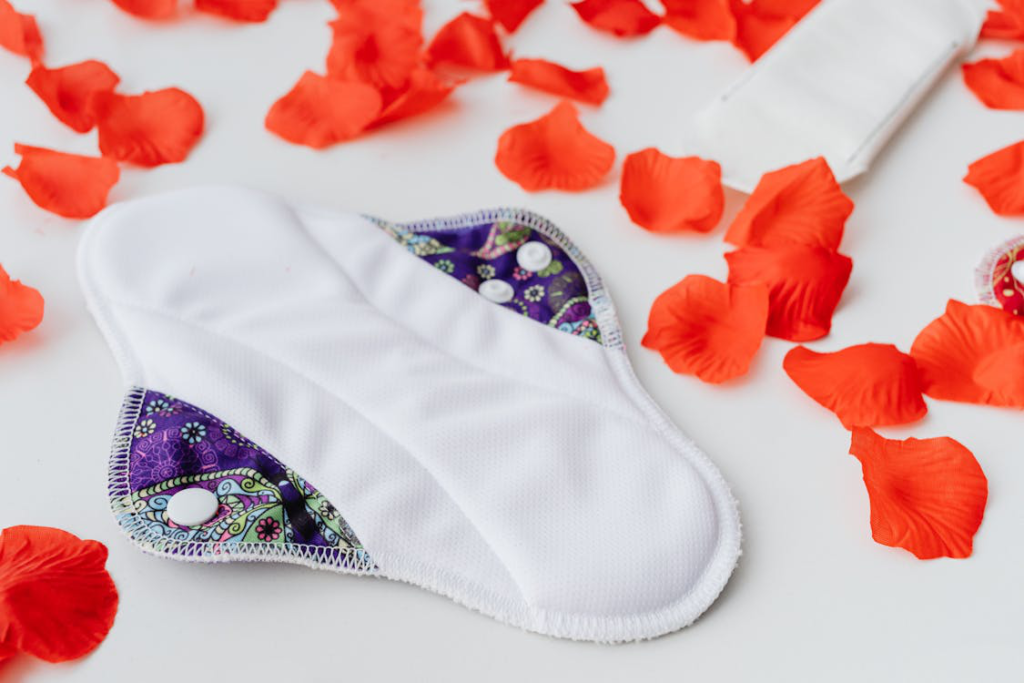Are you aware of the growing movement to improve menstrual health through community-driven solutions?
Around the world, grassroots movements and local NGOs are making a difference. They focus on raising menstrual health awareness and providing resources for women and girls. These efforts are crucial in breaking down taboos and ensuring access to essential hygiene products.
How Local Efforts Are Addressing Menstrual Health
1. Grassroots Movements: A Powerful Force
Grassroots movements play a vital role in improving menstrual health. Local communities often face unique challenges. Solutions must be tailored to fit their specific needs. Many community groups organize menstrual hygiene awareness campaigns. These campaigns educate women and girls about menstrual health and hygiene. They teach the importance of using sanitary napkins and other safe menstrual products.
One powerful example is the creation of local workshops. Here, women learn to make reusable sanitary pads. This not only provides a sustainable solution but also empowers women by giving them skills they can share. These workshops often lead to broader discussions on menstrual health, breaking the silence and stigma around periods.
2. Local NGOs: Champions of Change
Local NGOs are champions of menstrual health. They work tirelessly to provide resources and support. Many NGOs run programs to distribute sanitary napkins in underserved areas. They also organize feminine hygiene donation drives to gather necessary products. These efforts ensure that even the most vulnerable women have access to what they need.
Education is a key component of these programs. NGOs often partner with schools to teach young girls about menstrual health. They provide practical information and create a safe space for questions. By doing so, they help to build a foundation of knowledge and confidence in young girls.
3. Combining Efforts for Greater Impact
Community-driven solutions are most effective when grassroots movements and NGOs work together. These collaborations bring together the strengths of both groups.
Grassroots movements provide local insights and cultural understanding. NGOs bring resources and organizational skills. Together, they create comprehensive programs that address menstrual health from multiple angles.
For example, a community group might identify a need for better menstrual health education. An NGO could then provide materials and trainers to support this effort. Similarly, a local NGO might organize a donation drive. Grassroots volunteers can help distribute the products and educate recipients on their use.
4. The Power of Awareness
Raising awareness is a critical part of these efforts. Many programs focus on spreading menstrual health awareness through various channels. Social media campaigns, community events, and educational workshops are just a few methods used. These activities help to normalize conversations about menstruation and reduce the stigma.

Awareness of sanitary napkins and other menstrual products is also crucial. Many women and girls do not know about or have access to these products. By providing information and resources, community-driven efforts ensure that everyone can manage their menstrual health with dignity.
Play Your Part in Destigmatizing Menstrual Health
At Utpat Foundation, we believe in the power of community solutions to improve menstrual health. That’s why we invite you to join us in our efforts.
Whether it’s through donating women’s hygiene products or participating in a feminine hygiene donation drive, your support can make a real difference. Let’s work together to raise menstrual health awareness and ensure that every woman has access to the resources she needs – because together, we can create a healthier, more equitable world. Contact us now!
